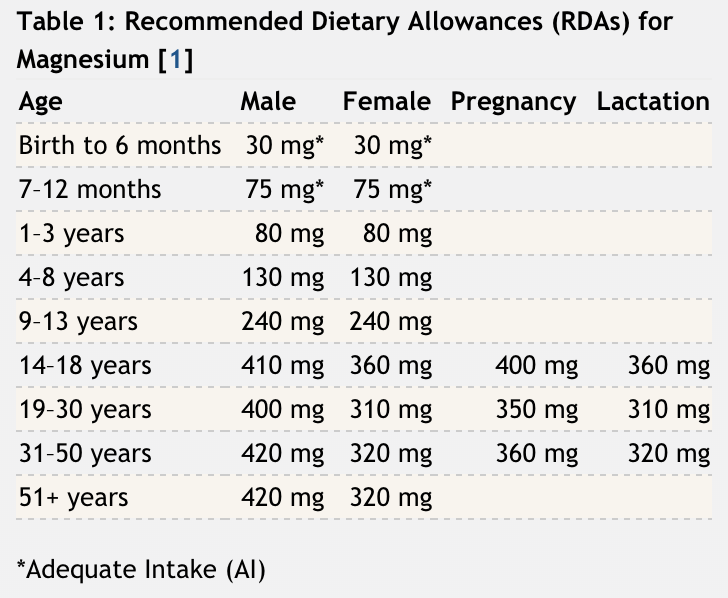Do you get enough magnesium in your daily diet? If you’re trying to lose weight, get a better night’s sleep, and relieve sore muscles, you need to be taking magnesium drops.

Research suggests that many American diets are deficient in magnesium. Magnesium is required for cellular energy and repair. It actually functions as a catalyst in over 300 biochemical processes in the body. Sounds pretty important, right? It is, and if you aren’t getting enough, it can cause a host of problems for you.
A Magnesium Deficiency can cause:
- Insomnia
- Anxiety, hyperactivity, restlessness
- Constipation
- Muscle spasms, twitches, soreness
- Difficulty swallowing
- Back aches
- Headaches
- Chest tightness and difficulty breathing
- Heart palpitations
- High blood pressure
- Extreme fatigue
- Osteoporosis
It is vital to get an adequate amount of Magnesium daily. According to an article from the Weston A. Price Foundation, Magnesium is a neglected mineral that we can’t live without. The article goes on to say the following:
Every single cell in the human body demands adequate magnesium to function, or it will perish. Strong bones and teeth, balanced hormones, a healthy nervous and cardiovascular system, well-functioning detoxification pathways and much more depend upon cellular magnesium sufficiency. Soft tissue containing the highest concentrations of magnesium in the body include the brain and the heart—two organs that produce a large amount of electrical activity, and which can be especially vulnerable to magnesium insufficiency.
What can Magnesium do for my body?
- Gives rigidity and flexibility to your bones
- Increases bioavailability of calcium
- Regulates and normalizes blood pressure
- Prevents and reverses kidney stone formation
- Promotes restful sleep
- Helps prevent congestive heart failure
- Eases muscle cramps and spasms
- Lowers serum cholesterol levels and triglycerides
- Decreases insulin resistance
- Can prevent artherosclerosis and stroke
- End cluster and migraine headaches
- Enhances circulation
- Relieves fibromyalgia and chronic pain
- Treats asthma and emphysema
- Helps make proteins
- Encourages proper elimination
- Prevents osteoporosis
- Source
So how magnesium should you be getting into your diet per day?
The following chart is found on the U.S. Department of Health and Human Services’ website to guide you. As always be certain to contact your physician prior to taking supplements.
We hope you find this post regarding Magnesium Concentrate and your body informative and helpful. For more informational posts like this, be sure to stop by our Food and Fitness section to help you out in your quest for a healthier, happier you!
Disclosure: The author of this article is not a trained medical professional, nor a dietician. All of the information in this post is based on research, doctor recommendations, and personal experience.

















Comments